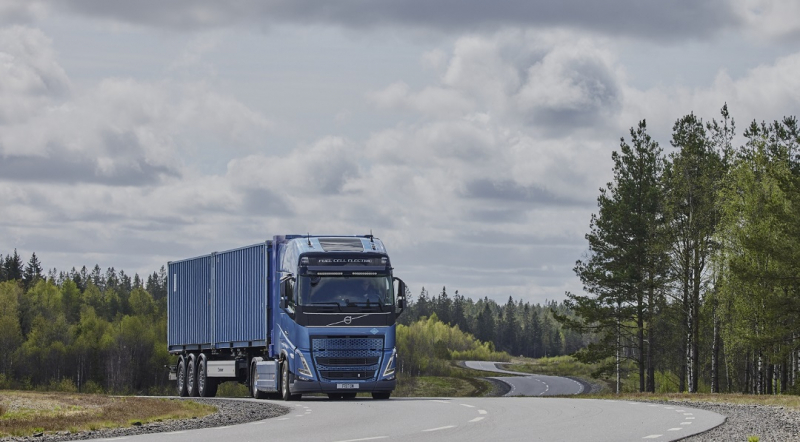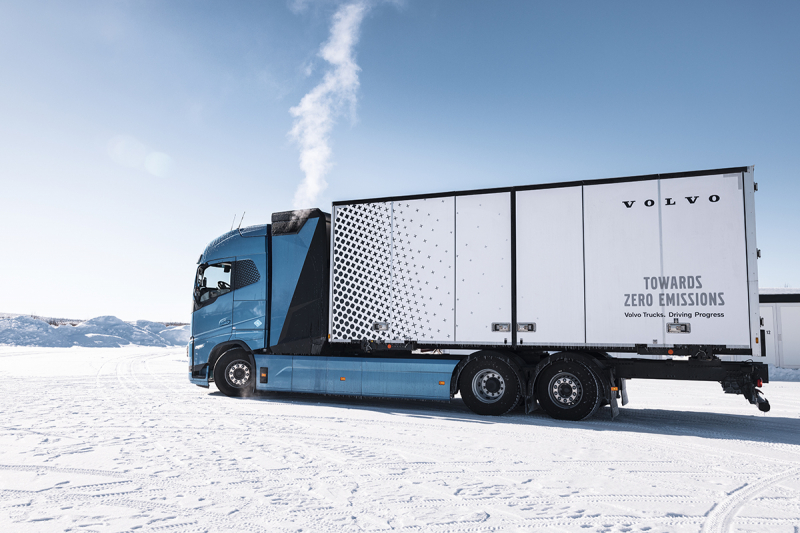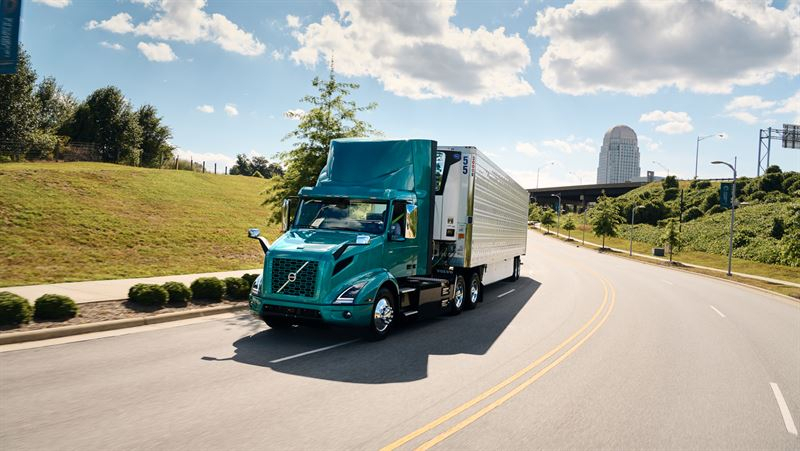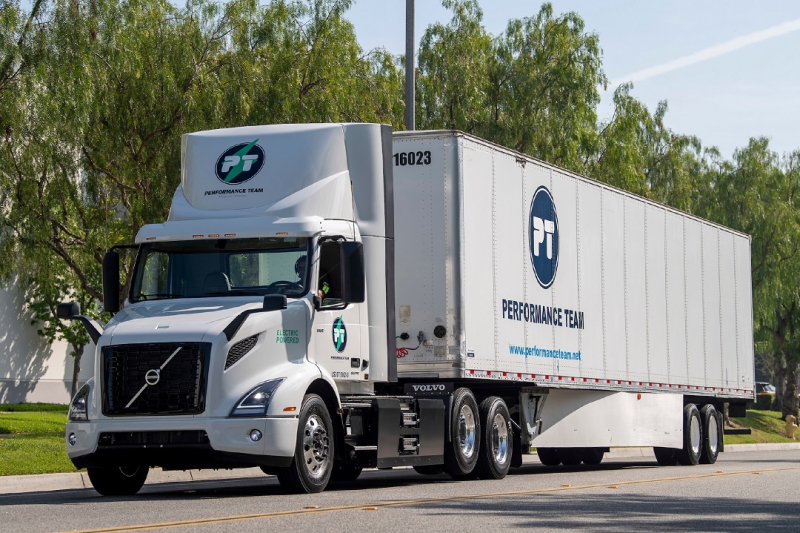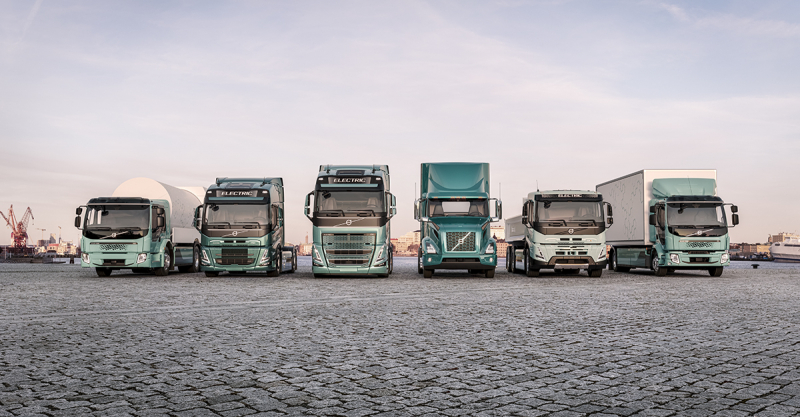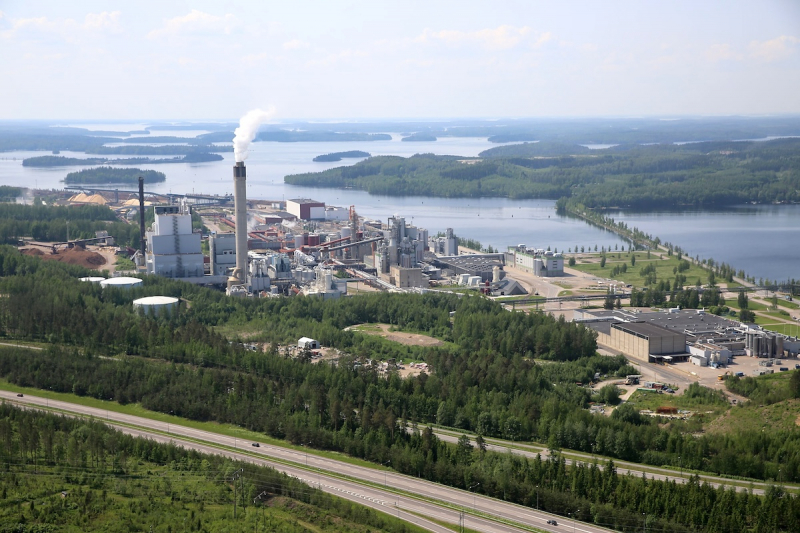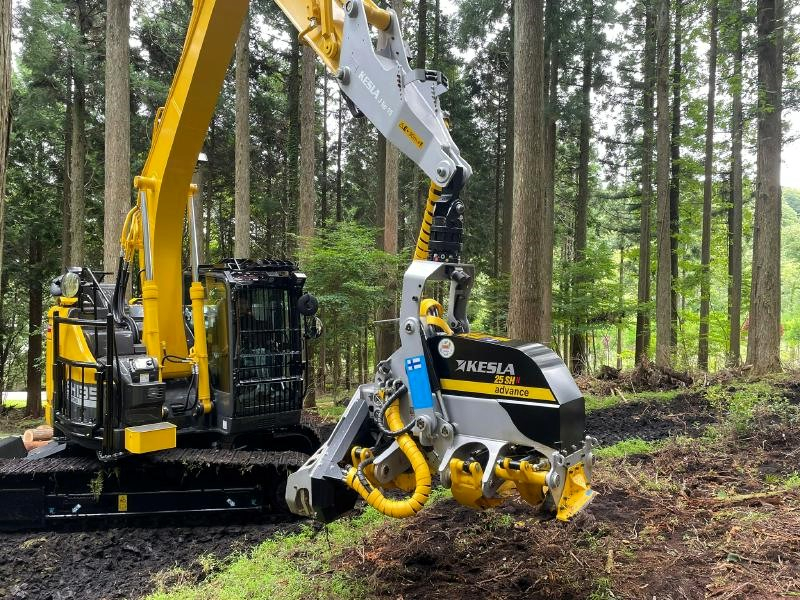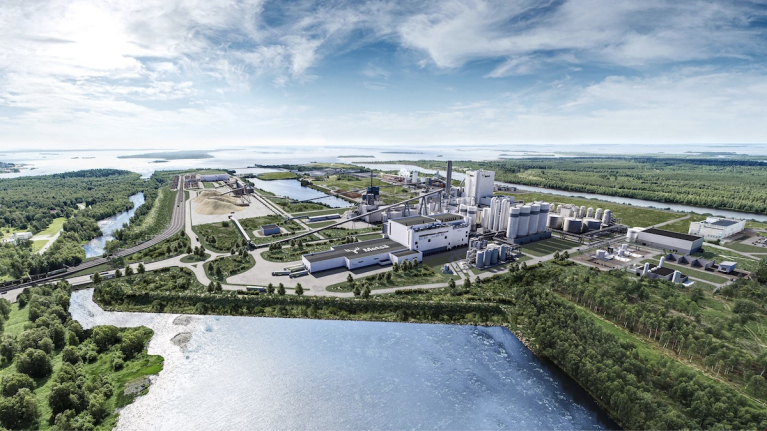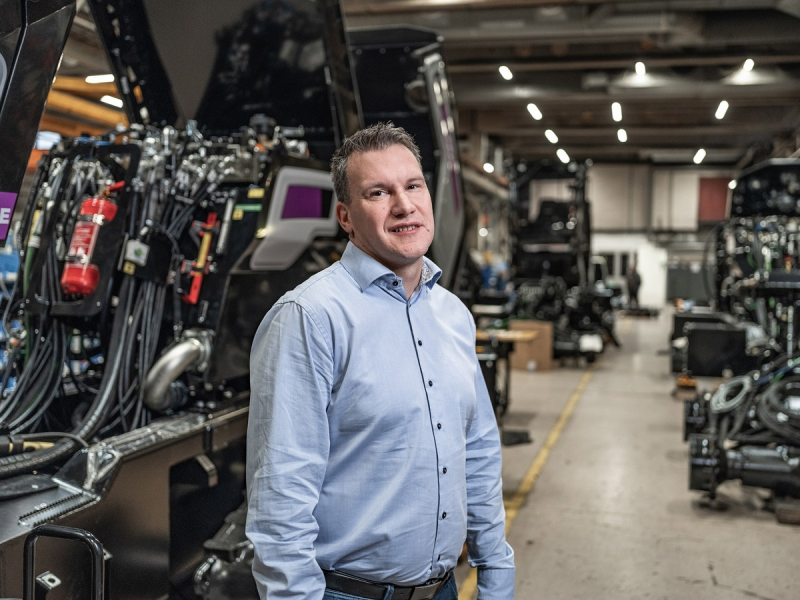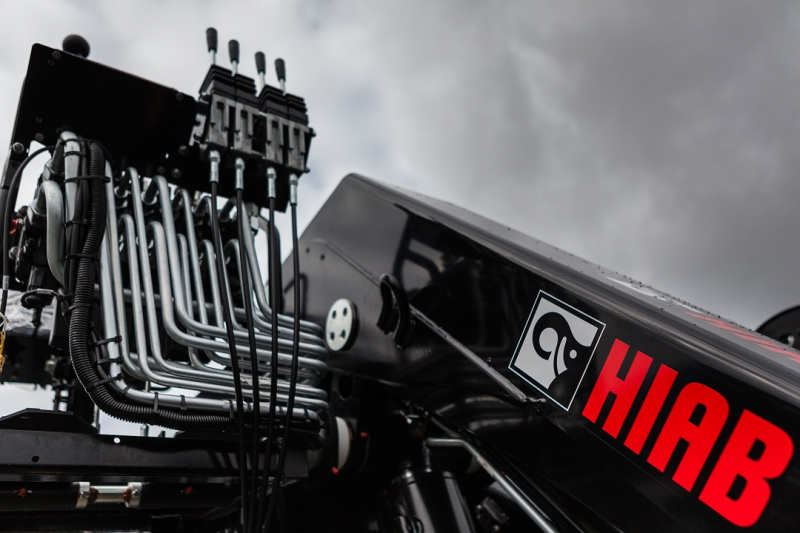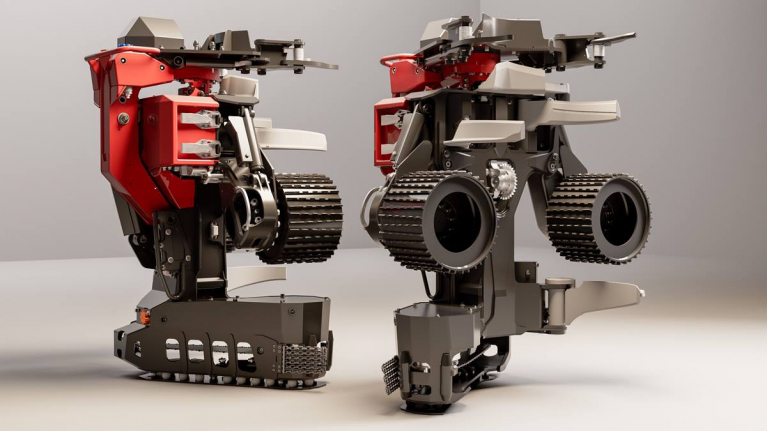Volvo to launch hydrogen-powered trucks
Volvo Trucks is developing trucks with combustion engines that run on hydrogen. On-road tests with trucks using hydrogen in combustion engines will begin in 2026, and the commercial launch is planned towards the end of this decade. Trucks that run on green hydrogen provide a significant step for Volvo to achieve its net zero goal and support customers in reaching their decarbonization targets.

Trucks that run on green hydrogen instead of fossil fuels provide one way to decarbonize transport. Hydrogen trucks will be especially suitable over longer distances and in regions where there is limited charging infrastructure, or time for, recharging of batteries.
Volvo will begin customer tests with trucks using hydrogen in combustion engines in 2026, and the trucks will be commercially available towards the end of this decade. Already, testing in labs and in vehicles is ongoing. The hydrogen-powered combustion engine trucks will complement Volvo’s offering of other alternatives, such as battery electric trucks, fuel cell electric trucks and trucks that run on renewable fuels, like biogas and HVO (Hydrotreated Vegetable Oil).
“Trucks where the traditional internal combustion engine remains but runs on hydrogen will have the same performance and reliability as our diesel trucks, but with the added benefit of potentially net zero CO2 emissions well-to-wheel. They will be a valuable complement to our battery electric trucks, which have been on the market for several years,” says Jan Hjelmgren, Head of Product Management and Quality, Volvo Trucks.
Volvo trucks with combustion engines powered by green hydrogen have the potential to deliver net zero CO2 well-to-wheel when using renewable HVO as ignition fuel and are categorized as “Zero Emission Vehicles” (ZEV) under the agreed new EU CO2 emission standards.
“It’s clear that several kinds of technology are needed to decarbonize heavy transport. As a global truck manufacturer, we need to support our customers by offering a variety of decarbonization solutions, and customers can choose their alternative based on transport assignment, available infrastructure and green energy prices,” says Jan Hjelmgren.
Volvo trucks with hydrogen-powered combustion engines will feature High Pressure Direct Injection (HPDI), a technology where a small amount of ignition fuel is injected with high pressure to enable compression ignition before hydrogen is added. The advantages of this technology include higher energy efficiency with lower fuel consumption, and increased engine power.
Volvo Group has signed an agreement with Westport Fuel Systems to establish a joint venture utilizing HPDI technology. The joint venture is anticipated to become operational in the second quarter of 2024, following formal closing.

FACTS
- Hydrogen-powered Volvo trucks will have an operational range comparable to many diesel trucks, depending on the type of transport.
- Due to the low CO2 emissions from hydrogen combustion, these trucks are categorized as “Zero Emission Vehicles” under the agreed new EU CO2 emission standards.
- Hydrogen combustion engines will also emit very small amounts of nitrogen oxides and particles.
- Hydrogen can also be used to power fuel cell electric trucks, where electricity is produced on board the truck. Fuel cell electric trucks do not emit any tailpipe emissions, only water vapor.

